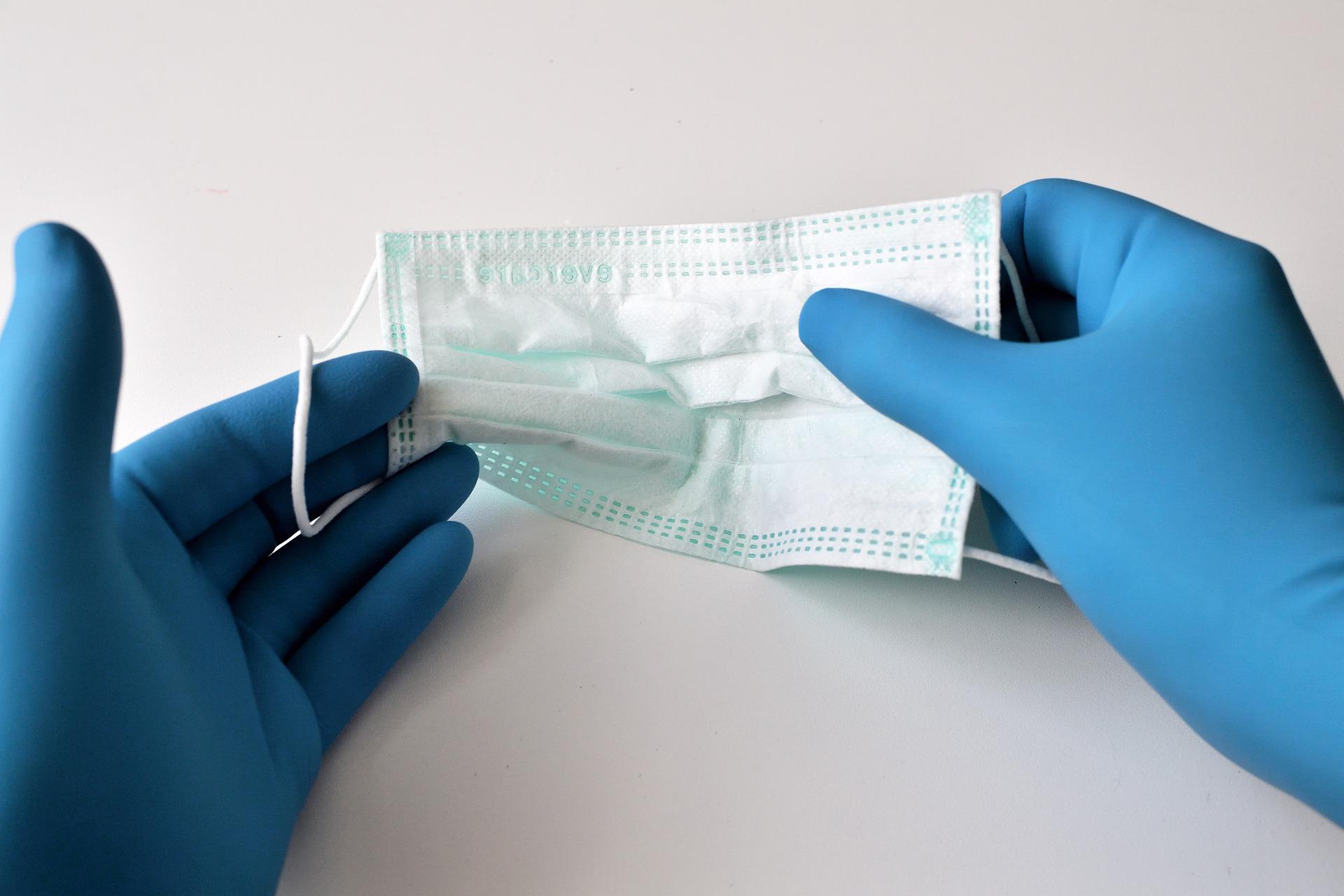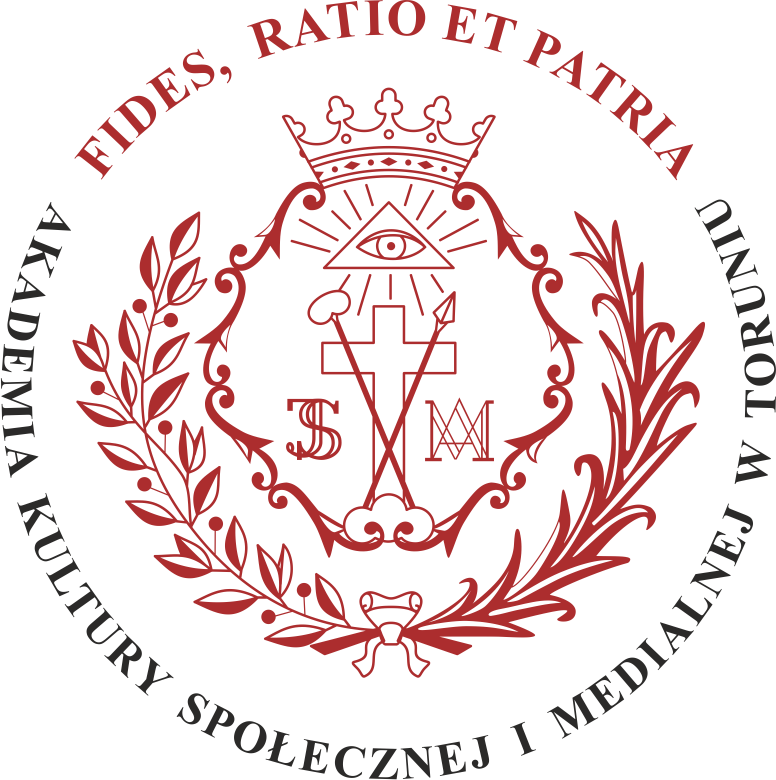Do you dream of travelling, discovering a new culture, making friends around the world and
studying abroad? The Erasmus programme is tailor-made for you and will enable you to mature
enormously in just a few months. How many times have you wondered what to do if, during a stay
abroad for study, work or a simple holiday, you need medical care? Well: know that in the event of
illness or accident during your stay in another EU country, you enjoy exactly the same rights to
medical care as residents of the country you are in.
When you are staying in the European Union, the European Economic Area and Switzerland for
work, study or tourism purposes, you must have a European Health Card (EHIC). In some
countries, the card is issued together with the national health card, while in others it must be
requested specifically. It is a personal, non-transferable document that certifies the right to receive
health services that are medically necessary while abroad. This card, the type of which varies
depending on the services and duration of stay and the type of legislation of the host country, can be
requested online, although in some cases this is not possible. In that case, the administration may
request some specific documents and that you present yourself in person at the office in your city.
Once the application has been made, the card will be sent to the applicant's home within a
maximum of ten days and will be valid for two years, after which a new one must be requested. The
countries in which the card is valid are Germany, Austria, Belgium, Bulgaria, Cyprus, Denmark,
Slovakia, Slovenia, Estonia, Finland, France, Greece, Hungary, Ireland, Iceland, Italy, Latvia,
Liechtenstein, Lithuania, Luxembourg, Malta, Norway, the Netherlands, Poland, Portugal, the
United Kingdom, the Czech Republic, Romania, Sweden and Switzerland.
As an Erasmus student, student social security covers you abroad, but this is not the vital card to
use, but the European Health Insurance Card (EHIC), which must be applied for at least 15 days
before departure. The European Health Insurance Card (EHIC), which is available free of charge,
proves that you are insured in an EU country. Without the card you are still entitled to treatment,
but you may have to pay upfront and claim reimbursement upon return to your country. With this
card, on the other hand, which is made available by the Ministry of Health and which allows you to
receive medical care in EU countries and in Switzerland during periods of study, work or holiday,
your medical expenses will be partly covered by your social security (if they are higher abroad than
in your home country and therefore not sufficient to compensate you in full). To supplement
medical reimbursements, it is also possible to take out student insurance abroad with a much higher
reimbursement rate. The card does not, however, offer coverage for costs related to private
healthcare or planned medical treatment in another EU country.
It is also important to know that, once you arrive at your destination, you may need to take out
health insurance in the event of an accident or repatriation. In order to activate it (although not
always compulsory, it depends on the regulations of the host university), it is necessary to contract a
private insurance company that covers medical assistance in the event of any eventuality, valid in
the country of destination and for the duration of the stay. However, it is advisable to enquire in
advance before departure about any additional documents or forms required by the host institution
for medical cover during the stay in its facilities, and about the relevant procedures to follow in
order to obtain reimbursement of medical expenses. For example, students leaving for destinations
outside the EU (e.g. Turkey) must take out private insurance. Non-EU citizens, on the other hand,
although registered with the National Health Service, can only use the certificate in EU countries
(thus excluding Switzerland, Iceland, Norway and Liechtenstein).
In connection with the new Coronavirus emergency, the Erasmus+ National Agency has published
guidance on managing force majeure for student and university staff mobility. The Erasmus+
Programme guidance states that every organisation participating in the Programme must have
effective procedures and arrangements in place to promote and ensure the safety of those
participating in activities. Therefore, all those who are mobile under the programme must be insured
against the risks associated with their participation in these activities. The Community provisions
do not define a single insurance format, but leave it up to the beneficiaries of the programme to
select the most suitable insurance policy for them. At present, taking into account that the pandemic
risk may not be among those covered by the existing insurance policies, the National Agency
invites the beneficiary institutions to verify in concrete terms, together with their students, the
contents of the policies taken out, in order to make any necessary additions.
So set off on a beautiful, but well-informed growth adventure. Happy travels to anyone who decides
to embark on this experience!
More detailed information can be found at the following sites:
http://ec.europa.eu/health-eu/ – The EU Health Portal
http://ec.europa.eu/social/ – The European Health Insurance Card
https://europa.eu/youreurope/citizens/health/unplanned-healthcare/temporary-
stays/index_it.htm
https://ec.europa.eu/social/main.jsp?catId=559&langId=it
https://ec.europa.eu/health/cross_border_care/overview
https://ec.europa.eu/info/live-work-travel-eu_it










Thank you very much for a very important post.
Few of the students realize what it entails (probably no wonder, they are looking forward to the experiences and not to the doctor :)). In Ústí (UJEP), we have several university doctors just for students who are far from home.
… [Trackback]
[…] Find More on that Topic: ripec-project.eu/discussion/health-service-for-an-erasmus-student-heres-what-you-need-to-know/ […]
… [Trackback]
[…] Find More on on that Topic: ripec-project.eu/discussion/health-service-for-an-erasmus-student-heres-what-you-need-to-know/ […]
… [Trackback]
[…] Read More to that Topic: ripec-project.eu/discussion/health-service-for-an-erasmus-student-heres-what-you-need-to-know/ […]
… [Trackback]
[…] Read More to that Topic: ripec-project.eu/discussion/health-service-for-an-erasmus-student-heres-what-you-need-to-know/ […]
… [Trackback]
[…] Find More on that Topic: ripec-project.eu/discussion/health-service-for-an-erasmus-student-heres-what-you-need-to-know/ […]
… [Trackback]
[…] Info to that Topic: ripec-project.eu/discussion/health-service-for-an-erasmus-student-heres-what-you-need-to-know/ […]
… [Trackback]
[…] Find More to that Topic: ripec-project.eu/discussion/health-service-for-an-erasmus-student-heres-what-you-need-to-know/ […]
… [Trackback]
[…] Here you can find 46727 more Information on that Topic: ripec-project.eu/discussion/health-service-for-an-erasmus-student-heres-what-you-need-to-know/ […]
… [Trackback]
[…] There you can find 44193 more Info on that Topic: ripec-project.eu/discussion/health-service-for-an-erasmus-student-heres-what-you-need-to-know/ […]
… [Trackback]
[…] There you will find 25750 additional Information to that Topic: ripec-project.eu/discussion/health-service-for-an-erasmus-student-heres-what-you-need-to-know/ […]
… [Trackback]
[…] There you can find 999 additional Information on that Topic: ripec-project.eu/discussion/health-service-for-an-erasmus-student-heres-what-you-need-to-know/ […]
… [Trackback]
[…] Read More to that Topic: ripec-project.eu/discussion/health-service-for-an-erasmus-student-heres-what-you-need-to-know/ […]
… [Trackback]
[…] Info on that Topic: ripec-project.eu/discussion/health-service-for-an-erasmus-student-heres-what-you-need-to-know/ […]
… [Trackback]
[…] Information on that Topic: ripec-project.eu/discussion/health-service-for-an-erasmus-student-heres-what-you-need-to-know/ […]
… [Trackback]
[…] Read More Information here to that Topic: ripec-project.eu/discussion/health-service-for-an-erasmus-student-heres-what-you-need-to-know/ […]
… [Trackback]
[…] Here you will find 96070 additional Information on that Topic: ripec-project.eu/discussion/health-service-for-an-erasmus-student-heres-what-you-need-to-know/ […]
… [Trackback]
[…] Find More Info here on that Topic: ripec-project.eu/discussion/health-service-for-an-erasmus-student-heres-what-you-need-to-know/ […]
… [Trackback]
[…] Find More Information here on that Topic: ripec-project.eu/discussion/health-service-for-an-erasmus-student-heres-what-you-need-to-know/ […]
… [Trackback]
[…] Information to that Topic: ripec-project.eu/discussion/health-service-for-an-erasmus-student-heres-what-you-need-to-know/ […]
… [Trackback]
[…] Find More Info here to that Topic: ripec-project.eu/discussion/health-service-for-an-erasmus-student-heres-what-you-need-to-know/ […]
… [Trackback]
[…] Information to that Topic: ripec-project.eu/discussion/health-service-for-an-erasmus-student-heres-what-you-need-to-know/ […]
… [Trackback]
[…] Here you will find 97957 additional Info to that Topic: ripec-project.eu/discussion/health-service-for-an-erasmus-student-heres-what-you-need-to-know/ […]
… [Trackback]
[…] Read More Information here on that Topic: ripec-project.eu/discussion/health-service-for-an-erasmus-student-heres-what-you-need-to-know/ […]
… [Trackback]
[…] Find More on that Topic: ripec-project.eu/discussion/health-service-for-an-erasmus-student-heres-what-you-need-to-know/ […]
… [Trackback]
[…] Info to that Topic: ripec-project.eu/discussion/health-service-for-an-erasmus-student-heres-what-you-need-to-know/ […]
… [Trackback]
[…] Find More Info here to that Topic: ripec-project.eu/discussion/health-service-for-an-erasmus-student-heres-what-you-need-to-know/ […]